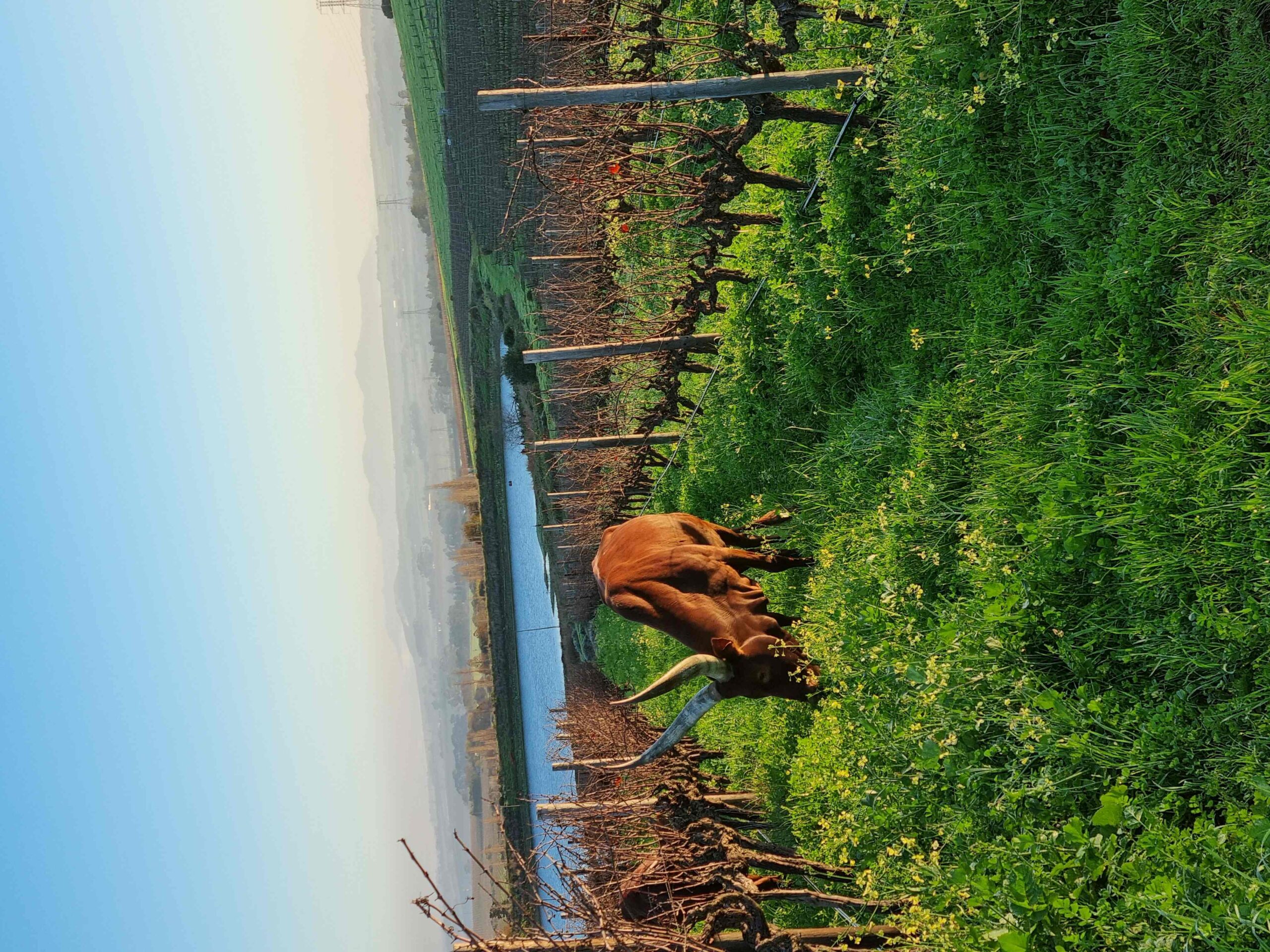Protecting the unique biodiversity of the magnificent Cape Floral Kingdom are a group of proud environmental leaders in the local and global wine industry: the WWF Conservation Champions. Their ranks have recently expanded to a milestone of 60 Conservation Champions, with 6 more wine farms recently welcomed: Boland Cellar, De Grendel, Glenwood Vineyards, Hartenberg Family Vineyards, Lomond Wine Estate and PaardenKloof Estate.
These 6 new Worldwide Fund for Nature South Africa (WWF-SA) Conservation Champions are now also acknowledged for their leadership in implementing responsible and sustainable production practices and for their exceptional commitment to regenerative farming practices, including conserving biodiversity and setting aside land for conservation to protect endangered species.
Collectively, the 60 WWF Conservation Champions own 48,156ha of land, of which 25,626ha are conserved as a pristine part of the Cape Floral Kingdom. The smallest of the six plant kingdoms in the world, it is considered a biodiversity hotspot, home to over 9000 species of which 70% are only found here.
“Out of the 25,626 hectares conserved, 63.28% include species that are considered either Critically Endangered (CR) or Endangered (EN) while another 19.97% of the species are recognised with vulnerable (V) status according to IUCN Red List,” says Shelly Fuller, Manager WWF’s Conservation Champion Programme.
Several Champions have signed land stewardship agreements as conservation custodians of plant and wildlife on their farms. Lomond Wine Estate, for example, was the first South African wine farm to become a conservation servitude with Fauna and Flora International and is also part of the Walker Bay Fynbos Conservancy. Glenwood Vineyards has pledged 21% of the property to nature conservation while, at PaardenKloof Estate, around 70% of its 1430ha is actively conserved.
Many Champions are also finding ways to restore biodiversity and lessen the impact of farming with innovative regenerative agriculture practices that improve soil health, reduce erosion and provide habitats to encourage pollinators, natural predators and wildlife.
Two of the newest Champions have established key wildlife in conservation areas, with De Grendel reintroducing eland, bontebok and red hartebeest; and PaardenKloof Estate bringing Nguni cattle back home. Other Champion wine farms are integrating grazing animals, sheep and small breeds of livestock into their regenerative practices. For example, Hartenberg Family Vineyards, also among the new Champions, are pioneers when it comes to high-density controlled grazing to increase plant and soil health.
Champion wine farms are also clearing alien invasive species to make space for indigenous vegetation and are implementing farming practices geared towards protecting endangered vegetation. For example, Glenwood Vineyards and Lomond Wine Estate are both committed to protecting critically endangered species such as Kogelberg Sandstone Fynbos, Swartland Alluvium Fynbos and Elim Ferricrete Fynbos on their farms.
Several Champion wine farms are also creating fynbos corridors and biodiversity islands in their vineyards. For example, Boland Cellar plants indigenous trees and bee-friendly crops such as wild radish, dandelions and sunflowers between their vines to support bee populations and promote a biodiverse ecosystem. To convey their passion for biodiversity, some of Boland Cellar’s wines are named after a plant or animal species associated with the vineyard of their origin.
Biodiversity provides numerous benefits for all life on earth including water, food, fuel, energy, shelter and medicines. According to the latest 2023 Global Risk Report from the World Economic Forum, Biodiversity Loss and Ecosystem Collapse is among the top environmental long-term risks facing our planet and businesses.
The good news is that you can help to protect the important biodiversity of the unique Cape Floral Kingdom: simply follow the sugarbird to support the now 60-strong WWF Conservation Champions!
Choosing a WWF Conservation Champion wine is as easy as looking for the distinctive sugarbird and protea logo on wine bottles when buying wine, or follow the sugarbird on Instagram @followthesugarbird or visit the WWF Conservation Champion website at www.wwf.org.za or follow us on Facebook or Twitter. #ConservationChampions #followthesugarbird.
Wine lovers, locals and tourists can also download the Champion Wine Guide App at www.championwineguide.co.za to find special offers, explore wine farms and browse through wine tasting experiences and nature-based ecotourism activities like walking, hiking and mountain biking, bird watching, eco-lodging, picnics, nature drives and ‘vinisafari’s’.
Source: WWF Conservation Champion Programme









